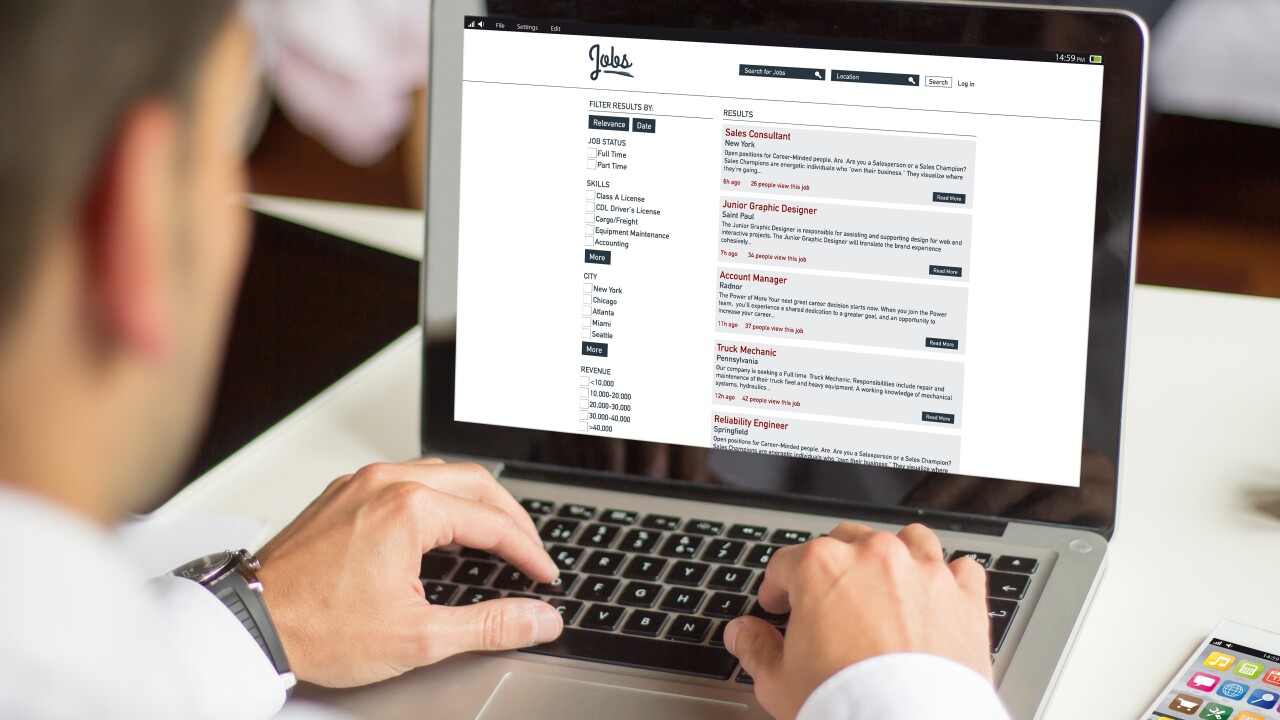Hilton Worldwide was facing a story all too familiar for many companies across the United States: Rising health care costs and increasing regulations. Rather than drop benefits in the Americas, which the company says would hurt not only its employees but hotel guests too, Hilton decided to move to Aon Hewitts private exchange. During that process, one of the biggest critics of the move was the companys vice president of benefits.
The problem
In the Americas alone, employees of Hilton speak multiple languages including English, Spanish, Puerto Rican Spanish, Haitian Creole, etc. across more than 400 locations, said Hiltons Ted Nelson at a National Business Group on Health summit in Washington Wednesday.
Were large, were complicated, were no different, he said. But when looking at a private exchange he initially viewed it as not the right fit for Hilton.
I was the guy saying this is a bridge too far. I have three people to run benefits for the Americas in 44 states with 70,000 team members, he recalled thinking.
He says that Hilton wanted its employees enrolled in medical coverage because surveys show that leads to decreased turnover and creates the stickiness to deliver what we want to deliver for our guests every day.
Also see:
Despite that, Hilton had to manage costs and with the Affordable Care Act, costs were rising above trend despite the company pulling most of the levers they could to try to reduce costs.
They then turned to consultants and thinkers as the ACA provides the opportunity for fresh thinking, Nelson says, as a floor and ceiling are now present. The floor is acceptable coverage standards under the Act and the ceiling is the Cadillac Tax.
Moving to an exchange
An exchange provided a fresh way of thinking by allowing employees to choose from multiple carriers. A real exchange pits the carriers against each other, Nelson says. For us, no carrier could experiment fast enough. We needed the multiple carriers.
So far, the exchange has reduced Hiltons cost structure with an overall increase of 8%, below what was previously estimated.
In year two, there was a normal range of increase and Nelson expects an increase at or below market moving forward. In the meantime, Hilton has saved millions of dollars, he says.
Reaction
Nelson says employees like the model and appreciate having choice. But as a skeptic, Nelson says he was very worried about post-enrollment surveys and the executive team had a Plan B in place should the move had been unsuccessful. This was a very large decision. [The executive team] said if this doesnt work, can we get out of this, how fast can we, how much will we spend, he says.
Also see:
But that was not the case and Hilton continues in the Aon exchange and it has freed Nelson to focus on other previously neglected tasks. Personally [me] and my team spend less time babysitting medical and can focus on other initiatives that we couldnt get to, he says. This allowed us to get to other projects critical business needs, moving talent around the world.
For us, this has been a win all around the world, he adds.





